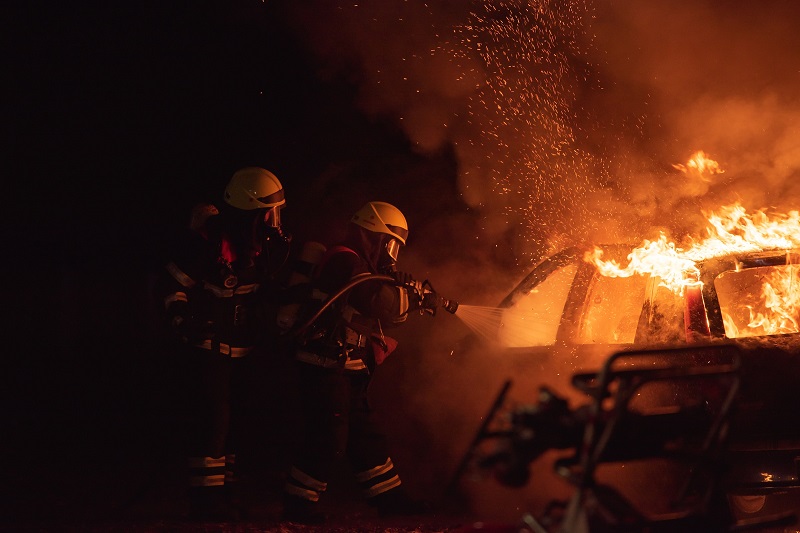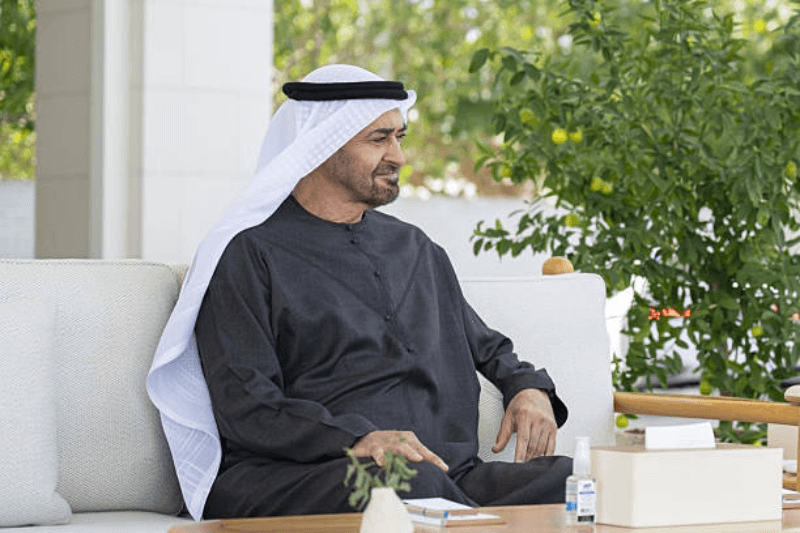
‘Asylum Scum’: Eritrean Festivals in Europe and North America Targeted
Festivals held by the Eritrean diaspora in Europe and North America have been attacked by exiles whom the regime dismisses as “asylum scum” as one of the most oppressive nations in the world marks 30 years of independence.
Cars were on fire, violent altercations, and numerous arrests. Festivals held in Europe and North America by the Eritrean diaspora have been attacked by exiles whom the regime dismisses as “asylum scum” as one of the most oppressive nations in the world marks 30 years of independence.
People who left the country in the Horn of Africa claim the attacks on festivals in Germany, Sweden, and Canada are protests against a repressive government that has been compared to the “North Korea of Africa.” Some claim that festival profits might help the government.
Over the years, hundreds of thousands of people have left Eritrea, with many traveling into the Sudanese and then North African deserts to reach Europe.
Since Eritrea’s long guerrilla war to gain independence from Ethiopia, President Isaias Afwerki, 77, has been in charge. Elections have not taken place. No free press exists. Visas for exit are necessary. Human rights organizations and UN specialists claim that many young people are compelled to serve in the military for an indefinite period.
The violence at some Eritrean festivals highlights the stark division in the diaspora between those who support the government and their offspring, who are frequently protected by foreign passports, and those who are exiles who worry about their loved ones back home.\
Keep Reading
The government of Eritrea speaks harshly of those who leave and charges the West with attempting to weaken the nation by reducing its population. Yemane Gebremeskel, the information minister, claimed on Friday that the attacks on the festivals were a component of that plan.
In a message shared on social media, he claimed that participation in attempts to disrupt decades-old Eritrean festivals using foreign thugs reflected the abject failure of asylum scum. Later, the minister expressed displeasure with the “distorted portrayal” of the neighborhood’s “joyous events.”
The Brigade Nhamedu was founded last year to combat what it calls the government’s hate speech and war propaganda, according to Beyene Gerezgiher, a member of the Eritrean community in Europe and the head of an organization that seeks regime change in Eritrea. The Arabic word “Nhamedu” denotes readiness for battle and sacrifice.
In recent demonstrations against the alleged Eritrean festival, our movement supported them and took part, he wrote in an email. The new group intends to act through “lawful democracy,” “sharing information with the international community,” and “disturbing the situation” to bring about regime change.
He described the remarks of the Eritrean foreign minister as “usual and laughable.”
Attacks in Stockholm, Toronto, and the German town of Giessen have been partially attributed by some Eritreans and state-sponsored media to ethnic Tigrayans from northern Ethiopia. There, Eritrean troops fought alongside Ethiopian troops in a two-year conflict with Tigray forces until a peace agreement was reached in November. Several of the worst atrocities, including gang rapes, were allegedly committed by Eritrean forces.
“It is ridiculous to blame Tigrayans for the global Eritrean movement against the age-long dictator in Asmara,” Kassa Hailemariam, a U.S.-based advocate for many Tigrayans, told the Associated Press. “We are not a part of this movement!”
German police reported that at least 22 officers were hurt in Giessen last month when individuals hurling smoke bombs and bottles attempted to enter a festival. Numerous people were held in custody.
This month, anti-Eritrea protesters stormed a festival in Stockholm, setting cars and booths on fire and injuring at least 52 people with rocks and sticks, according to Swedish media. More than 100 people, according to police, were detained.
This is not a celebration. According to Michael Kobrab, a protester, “They are teaching their children hate speech.
In Toronto, the Eritrean festival was canceled last weekend after clashes resulted in multiple injuries.
Other celebrations have taken place without any incidents, and some Eritreans continue to post videos of people dancing and waving the flag of their country while also expressing defiance and peace.
The government of Eritrea openly invites people living abroad to donate money to support its initiatives at home. The information ministry released a report on Monday stating that diplomats had urged Eritreans living in Austria to “shoulder the timely responsibility of participating and contributing to the success of the national development drives.”
However, it has been criticized that citizens living abroad must provide proof of paying a 2% tax on income earned abroad to access services like passport renewals. The U.S. State Department’s country report on human rights stipulates that those who leave Eritrea without exit visas and later decide to return must pay the tax and sign a “regret form.”
One of the poorest and most secluded nations in the world, Eritrea is thought to have a population of less than 5 million. According to the World Bank, poverty appears to be pervasive, but there is a lack of recent data: According to the most recent survey information from 1996–1997, 70% of people live in poverty.
Rights organizations claim that despite signing a peace agreement with Ethiopia in 2018, Eritrean authorities continue to maintain the nation’s citizens in a state of war readiness.
In a report distributed on Monday, a U.N. independent investigator on human rights claimed that some families are left penniless as Eritrean authorities use eviction and confiscations to punish draught resisters and force people into military service.
According to Mohamed Babiker’s report, Eritrean refugees and asylum seekers claimed to have been subjected to torture, sexual assault, forced labor, and other abusive conditions while performing their mandatory national service.
He claimed that the Eritrean government maintains that criticism of its national service program is unfair.




